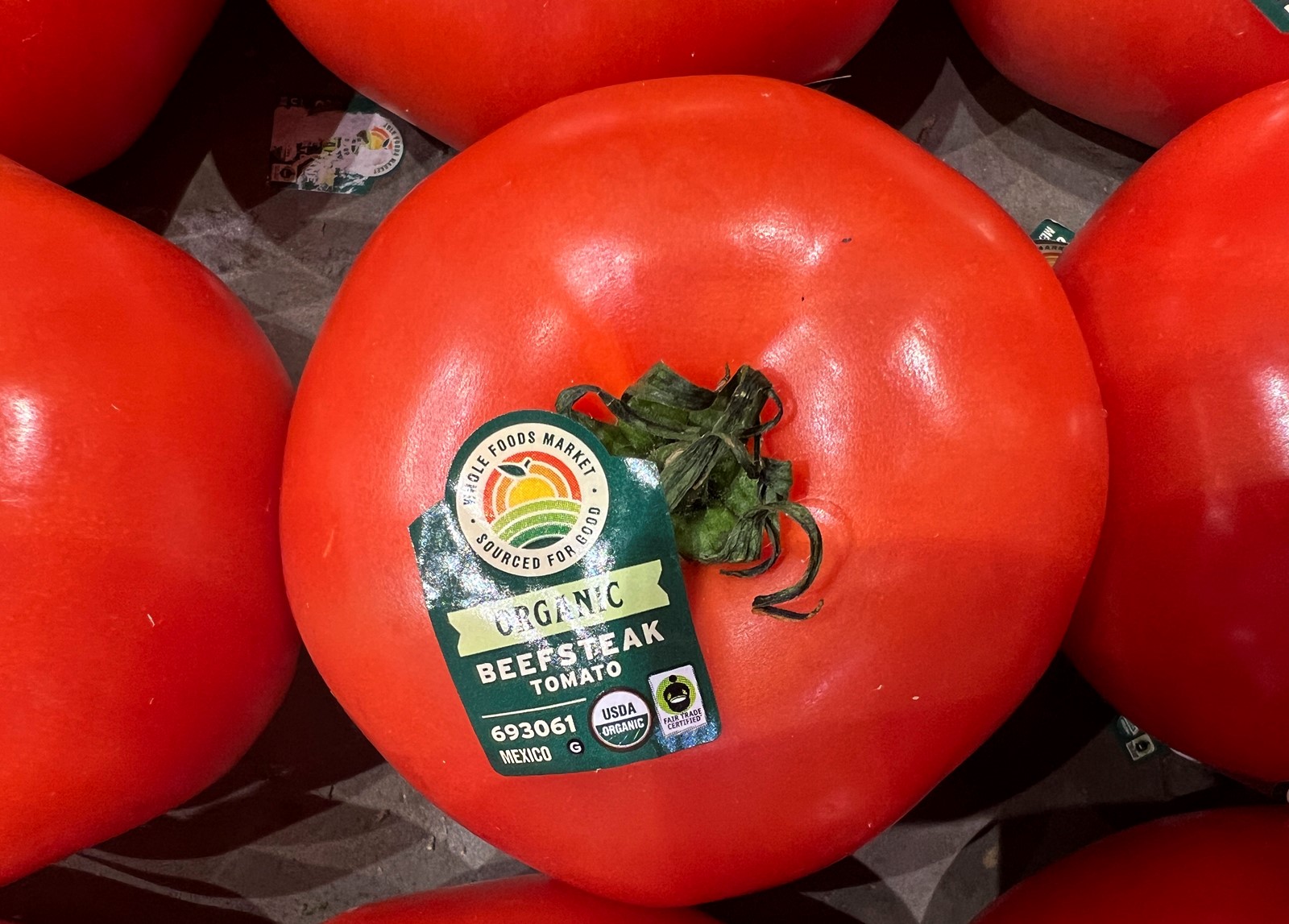
The U.S. government said Monday it is placing a 17% duty on most fresh Mexican tomatoes after negotiations ended without an agreement to avert the tariff.
Proponents said the import tax will help rebuild the shrinking U.S. tomato industry and ensure that produce eaten in the U.S. is also grown there. Mexico currently supplies around 70% of the U.S. tomato market, up from 30% two decades ago, according to the Florida Tomato Exchange.
But opponents, including U.S. companies that grow tomatoes in Mexico, said the tariff will make fresh tomatoes more expensive for U.S. buyers.
Tim Richards, a professor at the Morrison School of Agribusiness at Arizona State University, said U.S. retail prices for tomatoes will likely rise around 8.5% with a 17% duty.
The duty stems from a longstanding U.S. complaint about Mexico’s tomato exports and is separate from the 30% base tariff on products made in Mexico and the European Union that President Donald Trump announced Saturday.
The Commerce Department said in late April that it was withdrawing from a deal it first reached with Mexico in 2019 to settle allegations the country was exporting tomatoes to the U.S. at artificially low prices, a practice known as dumping.
As part of the deal, Mexico had to sell its tomatoes at a minimum price and abide by other rules. Since then, the agreement has been subject to periodic reviews, but the two sides always reached an agreement that avoided duties.


 PREVIOUS ARTICLE
PREVIOUS ARTICLE
